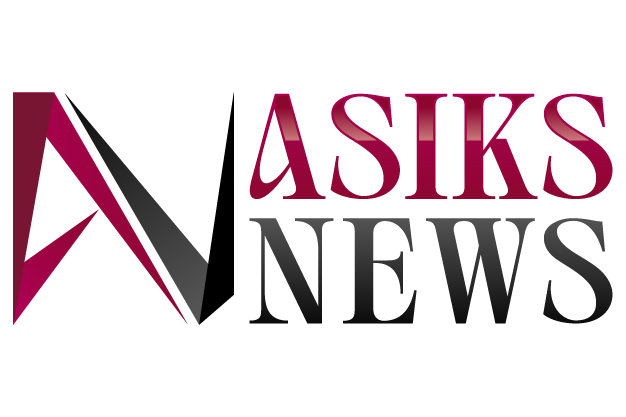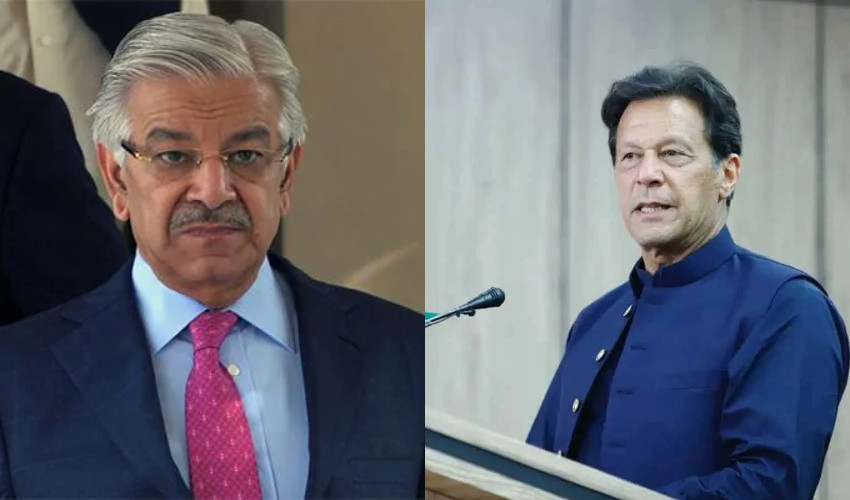In the ever-evolving landscape of Pakistani politics, tensions between the ruling coalition and the opposition party Pakistan Tehreek-e-Insaf (PTI) remain at an all-time high. The recent statement by Khawaja Asif, Pakistan’s Defense Minister and a senior leader of the Pakistan Muslim League-Nawaz (PML-N), has made headlines in Pakistan news circles. Asif firmly declared that the government is unwilling to engage in dialogue with PTI unless its chairman, Imran Khan, sends a clear and unambiguous message regarding his intentions for cooperation.
This declaration adds another layer of complexity to the already polarized political atmosphere in Pakistan, where consensus-building between the government and opposition often seems like an unattainable goal.
Khawaja Asif’s Conditions for Dialogue
Khawaja Asif’s statement came during a press briefing in Islamabad, where he criticized the PTI for its alleged lack of sincerity in addressing national issues. He accused Imran Khan of fostering division and instability in the country through his confrontational politics.
“The government is open to talks, but only if Imran Khan sends a clear message indicating his willingness to move forward constructively,” Asif stated. He emphasized that the ruling coalition, led by PML-N and allied parties, cannot engage with PTI under the current circumstances, which he described as “hostile and lacking clarity.”
Asif pointed to several instances where PTI’s leadership allegedly backtracked on its commitments, accusing them of using dialogue offers as political stunts. He added that for any meaningful discussions to take place, there needs to be a clear shift in PTI’s approach, particularly from Imran Khan himself.
Political Context: The Divide Between PTI and PML-N
The relationship between PTI, led by Imran Khan, and PML-N has been fraught with tension for years. This hostility intensified after Khan was ousted from the Prime Minister’s Office in April 2022 through a no-confidence vote orchestrated by the then-opposition, now the ruling coalition.
Since his removal, Imran Khan has consistently accused the PML-N-led government of being installed through foreign interference and corruption. PTI’s rallies, fiery speeches, and repeated calls for early elections have further deepened the divide. On the other hand, PML-N leaders like Khawaja Asif and Prime Minister Shehbaz Sharif have frequently accused PTI of undermining democratic institutions and prioritizing personal politics over national stability.
This political rift has hindered any attempts at meaningful dialogue, even as Pakistan grapples with pressing challenges such as economic instability, inflation, and security threats.
Key Issues Hindering Dialogue
1. Lack of Trust
One of the primary obstacles to dialogue between PTI and the government is the lack of trust between the two sides. Both parties frequently accuse each other of dishonesty and acting in bad faith. For instance, Khawaja Asif’s recent remarks suggest that the government believes PTI is not serious about resolving political issues through dialogue.
2. Early Election Demands
PTI has repeatedly demanded early general elections, which the government has outright rejected. The ruling coalition argues that the elections should take place as scheduled in late 2024, to ensure political and economic stability. This fundamental disagreement has been a major sticking point in any attempts at negotiation.
3. Legal Battles
Imran Khan’s ongoing legal challenges have further complicated matters. The PTI chief is currently embroiled in multiple court cases, ranging from allegations of corruption to sedition charges. The government’s stance has been that the law must take its course, while PTI accuses the ruling coalition of using legal mechanisms to suppress political opposition.
4. Economic Crisis
Pakistan’s economic crisis looms large over the political deadlock. With inflation at record highs and foreign reserves dwindling, the country is in desperate need of economic reforms and policy consistency. However, the lack of political consensus has made it nearly impossible to implement long-term solutions.
PTI’s Response
PTI has dismissed Khawaja Asif’s statement as another attempt by the government to avoid accountability. Senior PTI leaders, including Shah Mahmood Qureshi and Fawad Chaudhry, have accused the ruling coalition of refusing dialogue to avoid facing public backlash for its economic mismanagement.
Imran Khan himself, in a recent address to party workers, stated that PTI has always been open to dialogue but insisted that any talks must include a roadmap for early elections. He criticized the government for what he termed its “arrogance and unwillingness to listen to the public’s demands.”
Public Reaction and Media Coverage
As Khawaja Asif’s comments circulated in Pakistan news outlets, public reaction has been mixed. Some believe that dialogue is essential to resolve Pakistan’s ongoing political and economic crises, while others argue that the ideological differences between PTI and the ruling coalition are too vast to bridge.
Prominent political analysts have pointed out that both sides must compromise if any progress is to be made. They argue that the current political stalemate is unsustainable and risks further destabilizing the country at a time when it needs unity the most.
What’s at Stake for Pakistan?
The inability of political parties to engage in constructive dialogue has significant implications for Pakistan’s future.
- Economic Reforms: Without consensus, Pakistan’s fragile economy will continue to suffer. Investors and international financial institutions are unlikely to have confidence in a country where political uncertainty persists.
- Democratic Stability: Prolonged political polarization weakens democratic institutions and creates space for undemocratic forces to exploit the situation.
- Public Discontent: The lack of progress on critical issues like inflation, unemployment, and security is fueling frustration among ordinary citizens, further eroding trust in political leaders.
The Way Forward
While Khawaja Asif’s stance reflects the government’s frustration with PTI, it is clear that dialogue remains the only path forward. For meaningful progress, both sides will need to demonstrate flexibility and a willingness to prioritize national interests over political gains.
Whether or not Imran Khan will meet Khawaja Asif’s demand for a clear message remains to be seen. Until then, Pakistan’s political landscape is likely to remain as divided as ever, leaving its citizens to bear the brunt of the ongoing stalemate.

